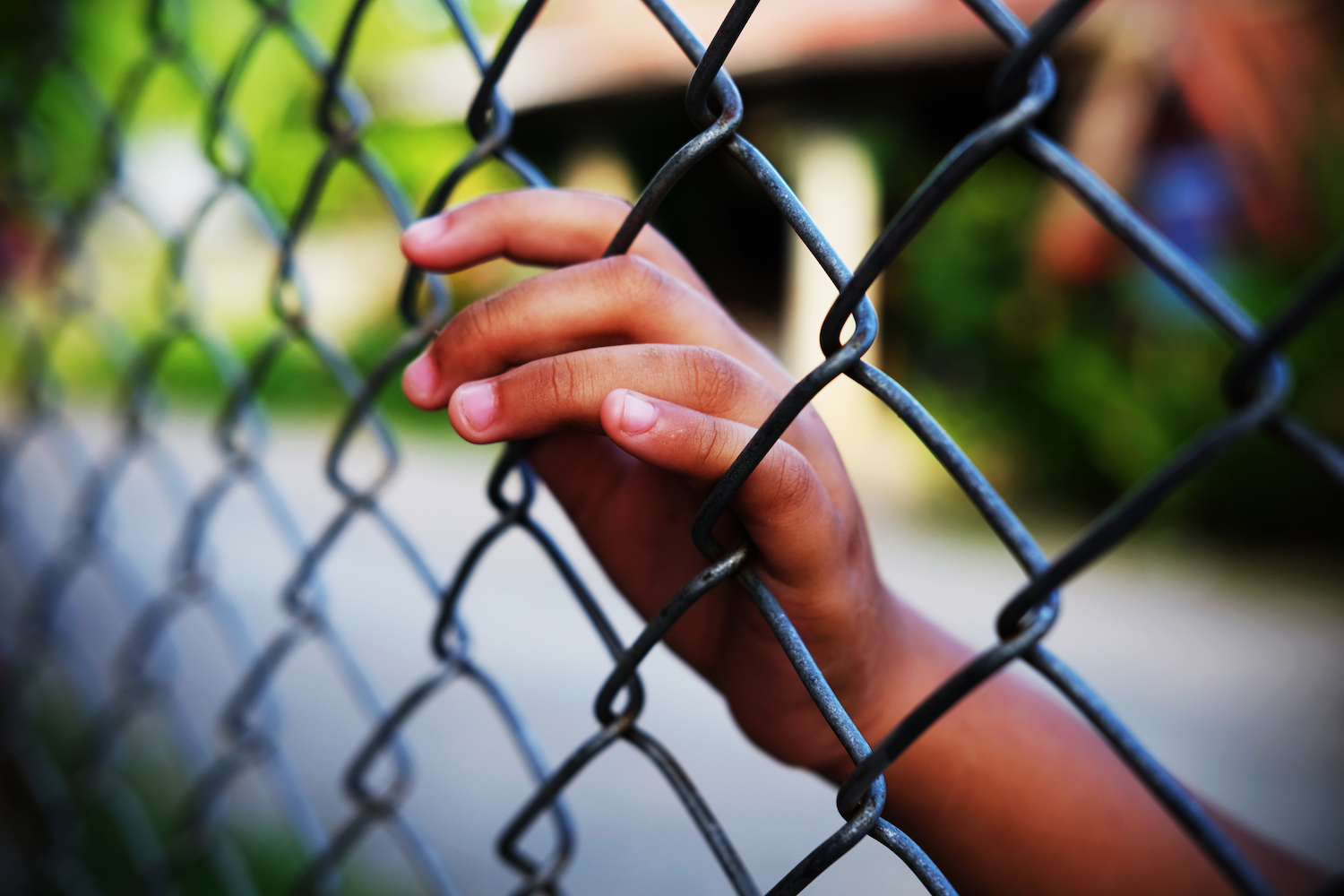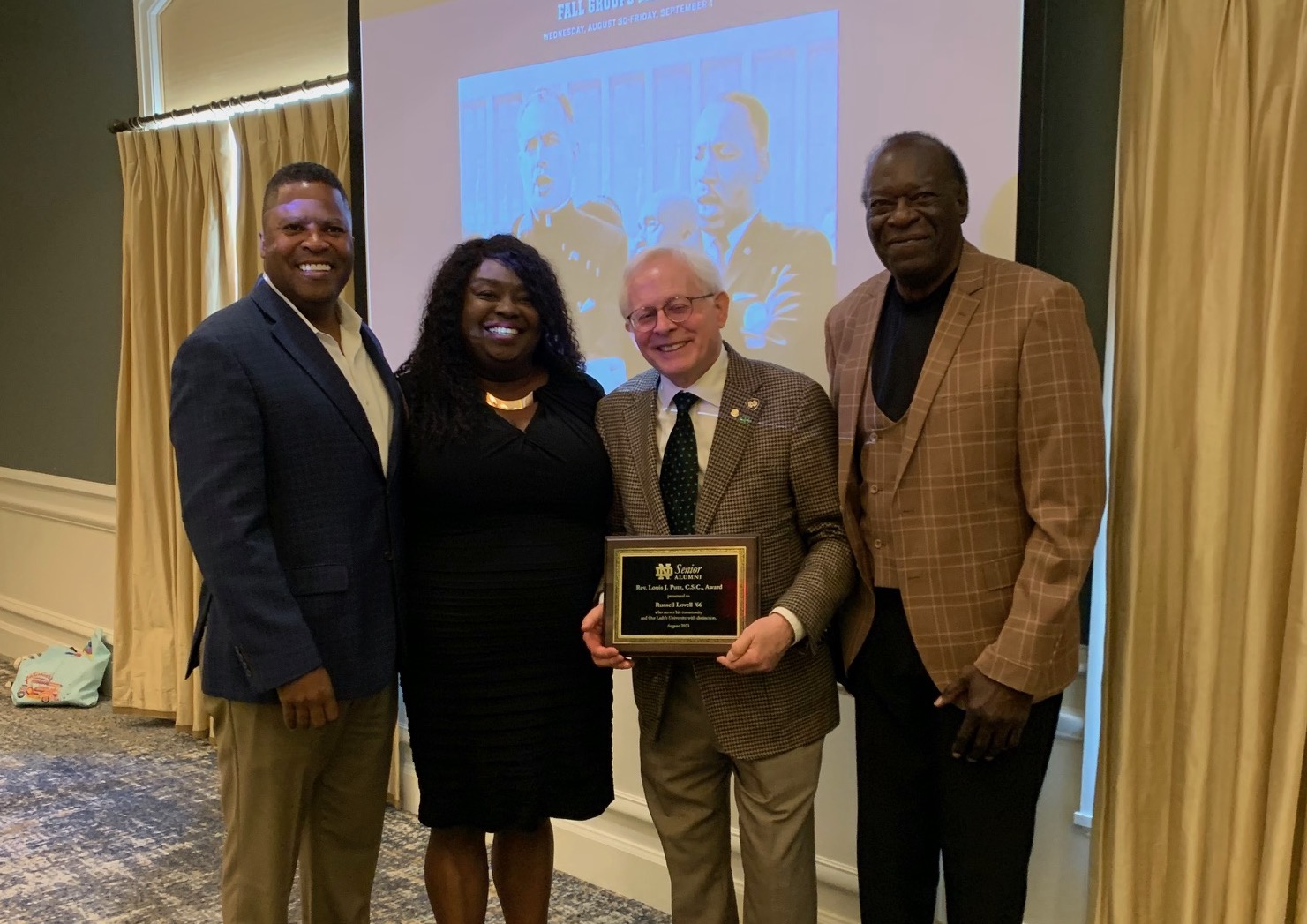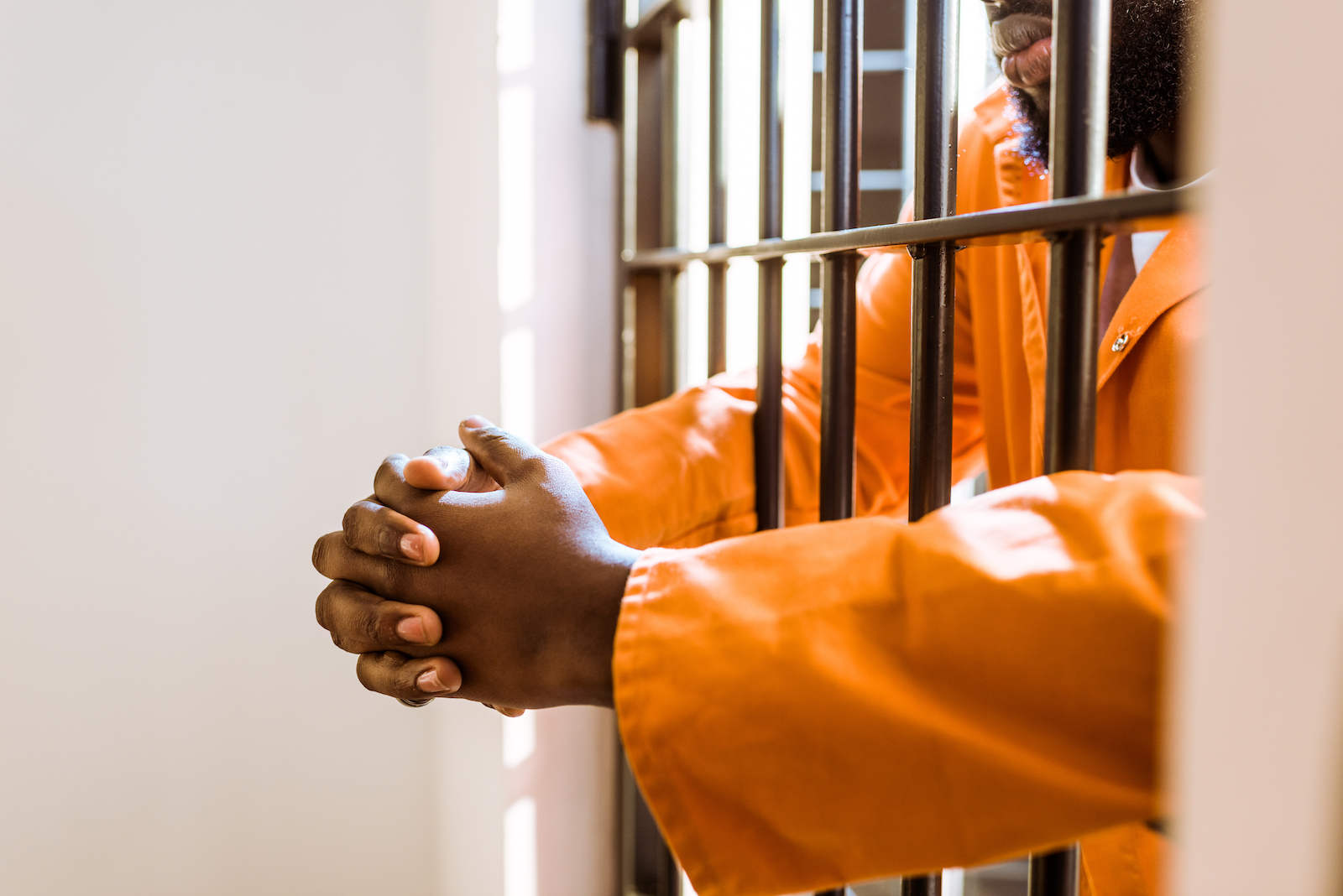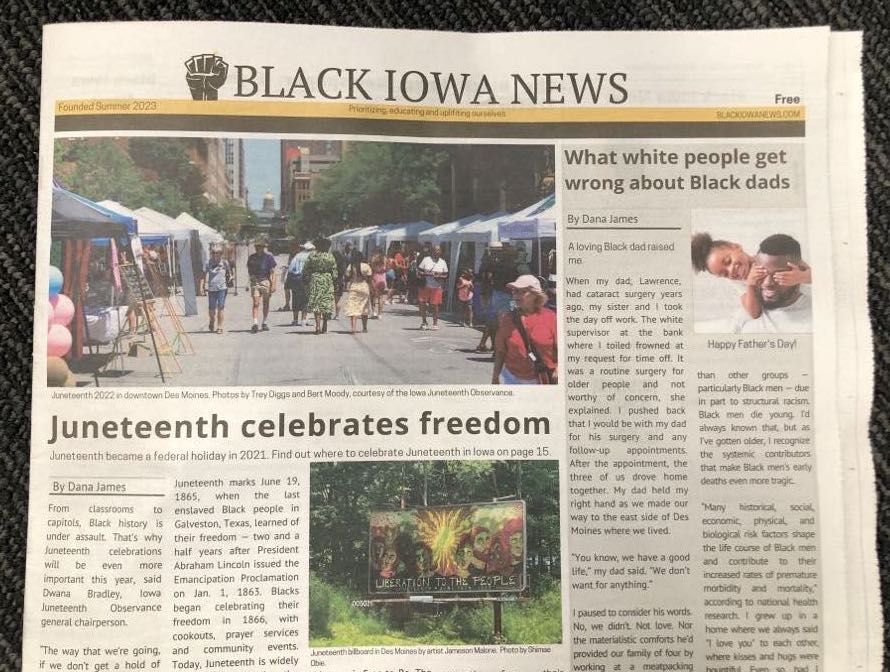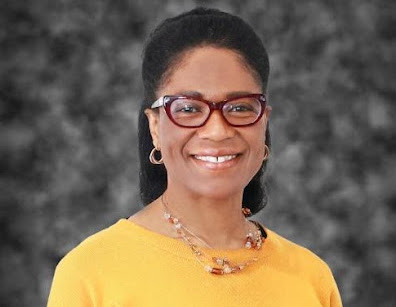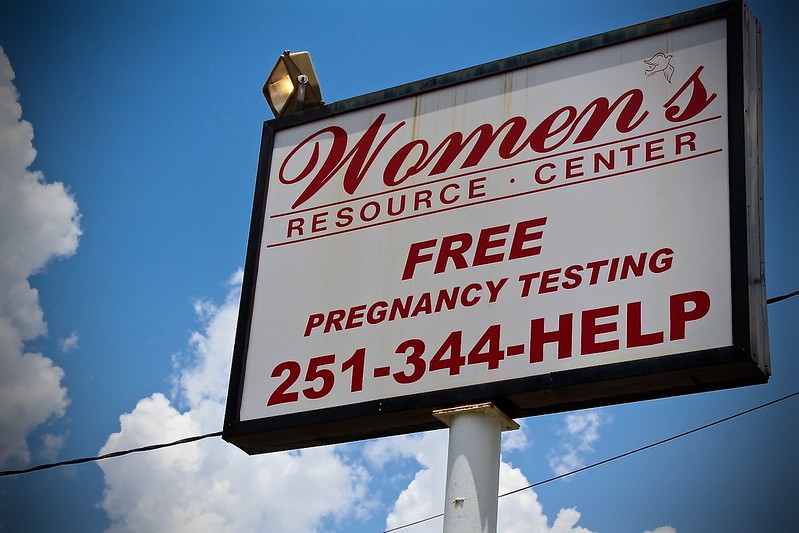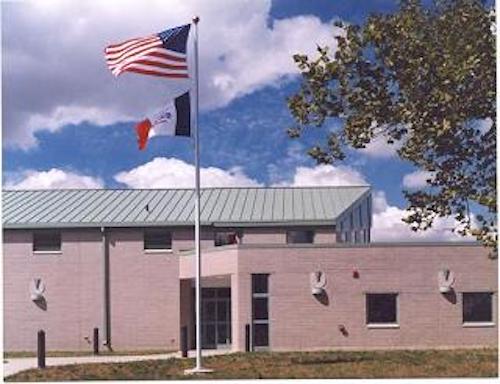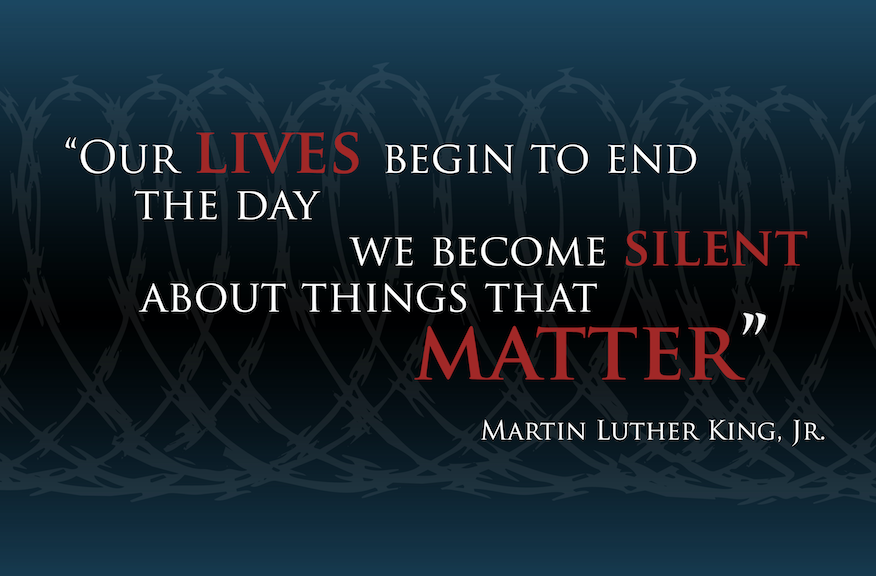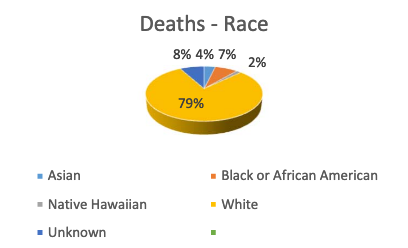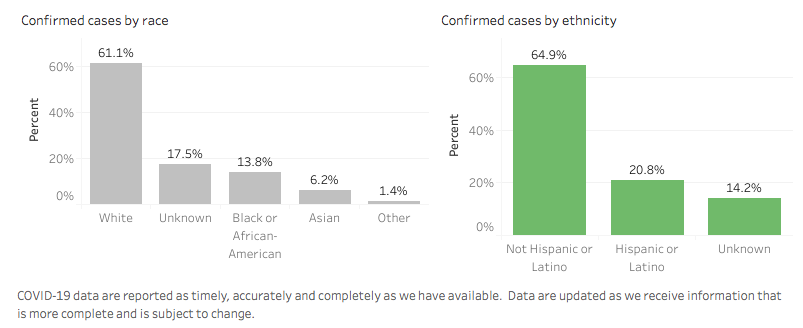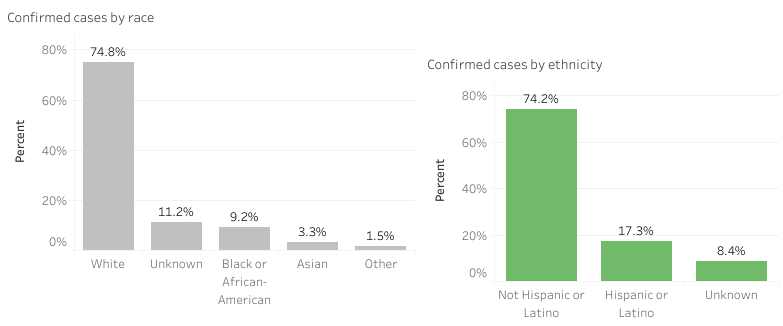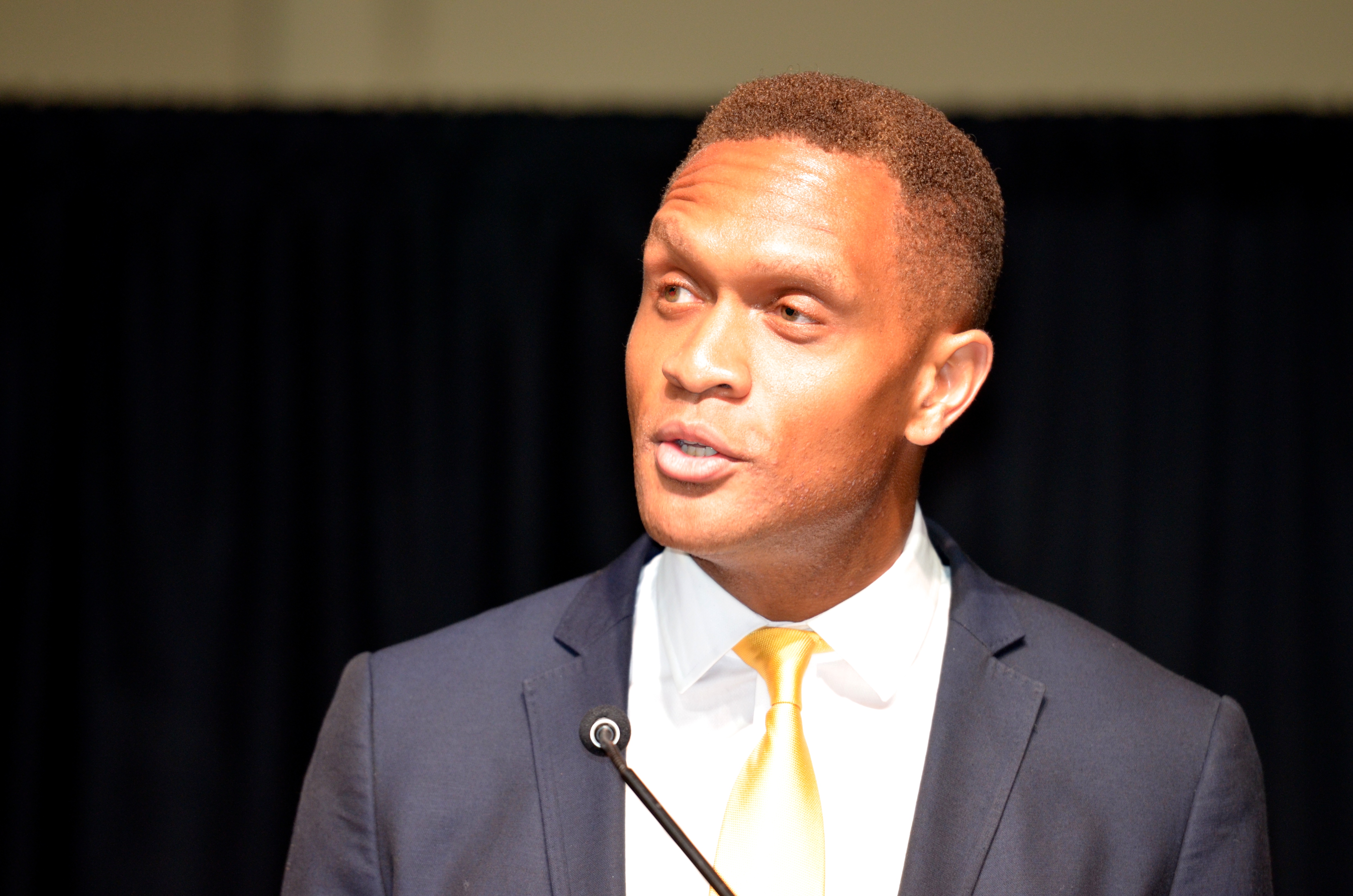Black youth in Iowa continue to be punished more severely than white peers for criminal offenses. According to The Sentencing Project’s latest analysis of disparities in youth incarceration (a category covering detention centers, residential treatment centers, group homes, and youth prisons), Iowa remains among the ten states with the highest overall Black youth incarceration rate, as well as one of the ten states with the greatest Black/white disparity in youth incarceration.
Those statistics reflect only one aspect of a larger problem. Early this year, the final report from a Juvenile Justice Task Force established by the Iowa Supreme Court acknowledged that “Gender and racial disparities are present throughout the system.”
Iowa is in the early stages of implementing the task force’s 55 recommendations, at least seven of which relate to racial disparities. (Many more address out-of-home placements for youth.)
However, advocates say Iowa must do more to address the ongoing disparities. And while an expanded diversion program is keeping many young people out of the juvenile justice system, one Iowa county with a particularly troubled history on youth incarceration is in the process of building a much bigger detention center.
Continue Reading...
